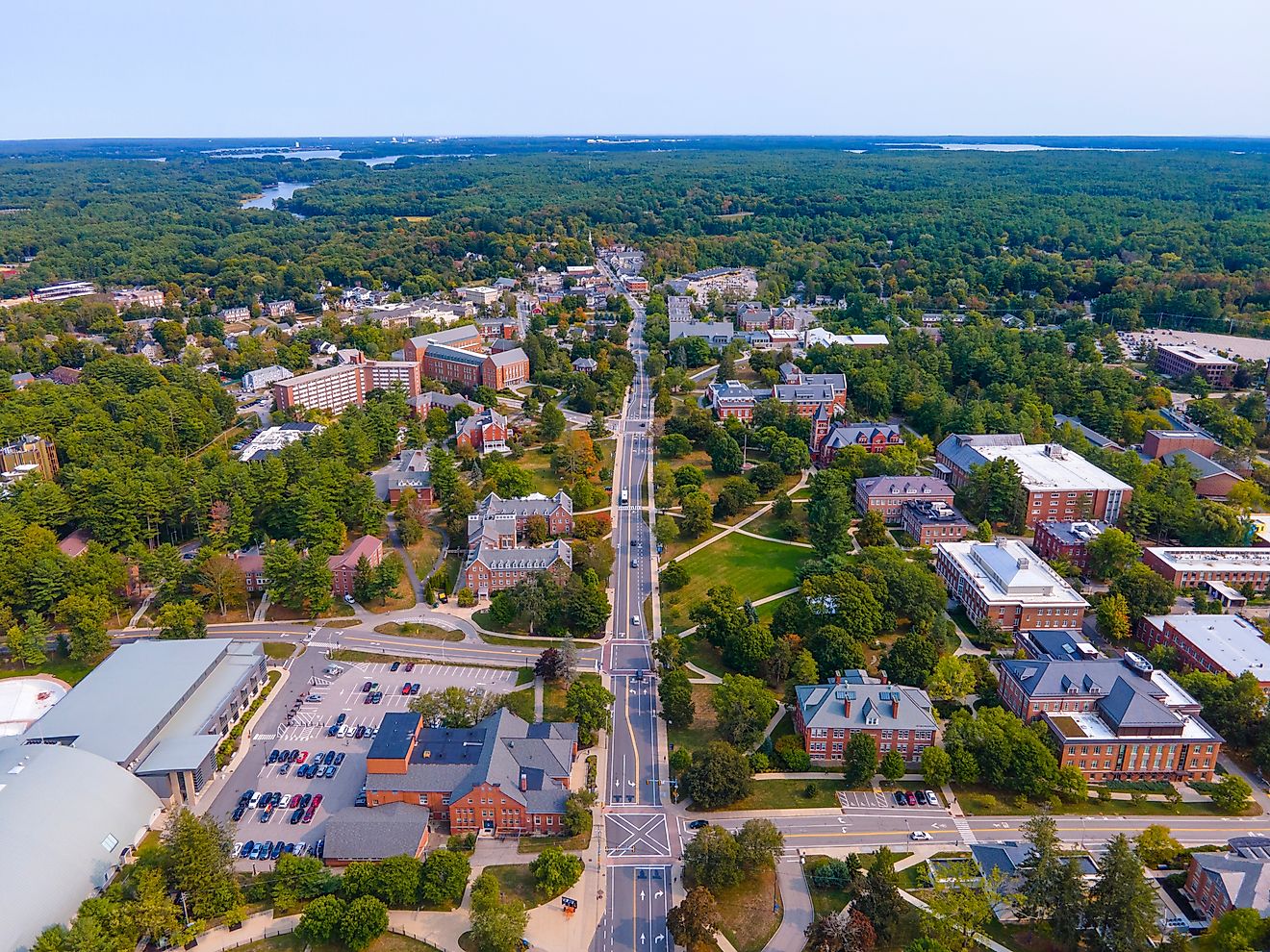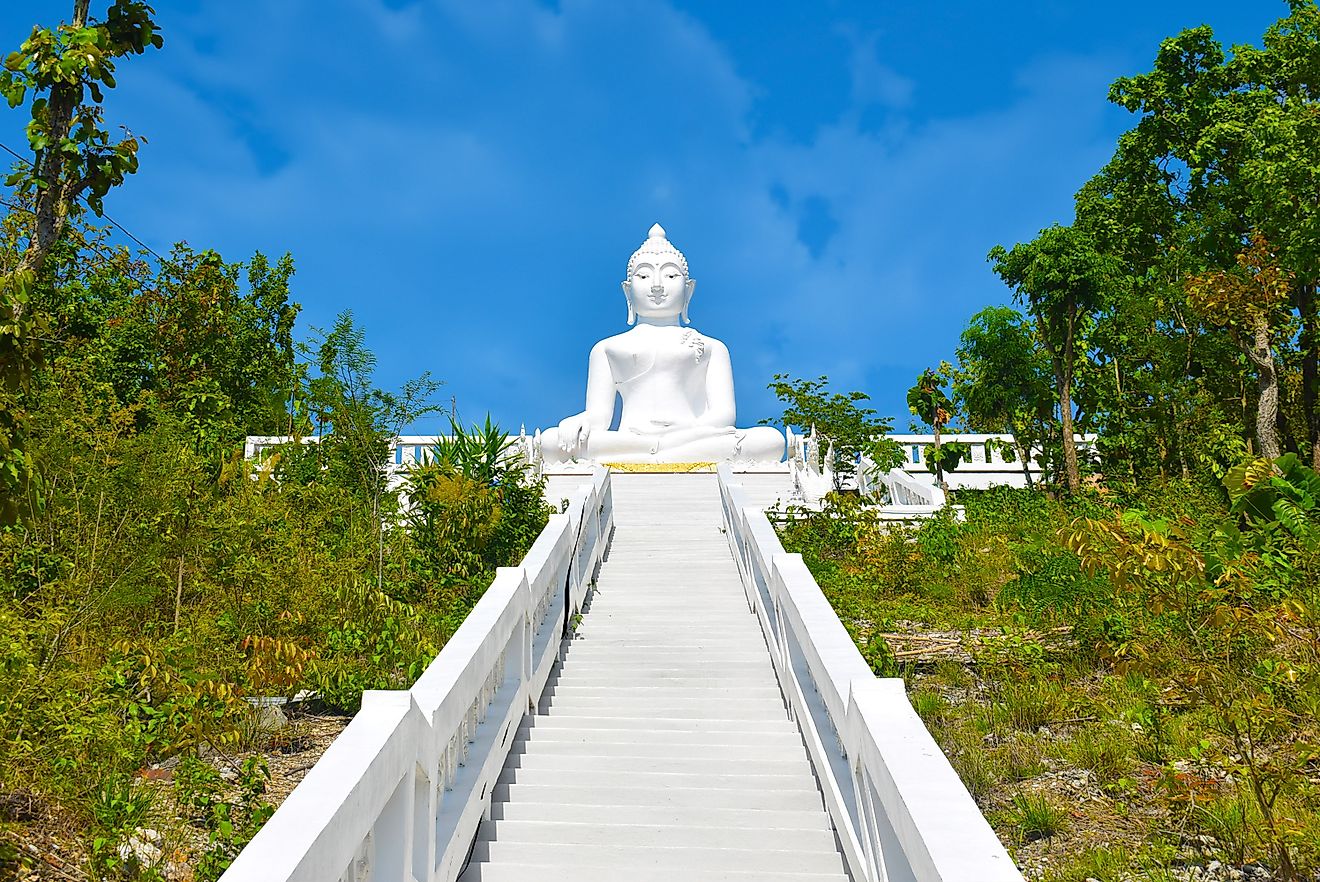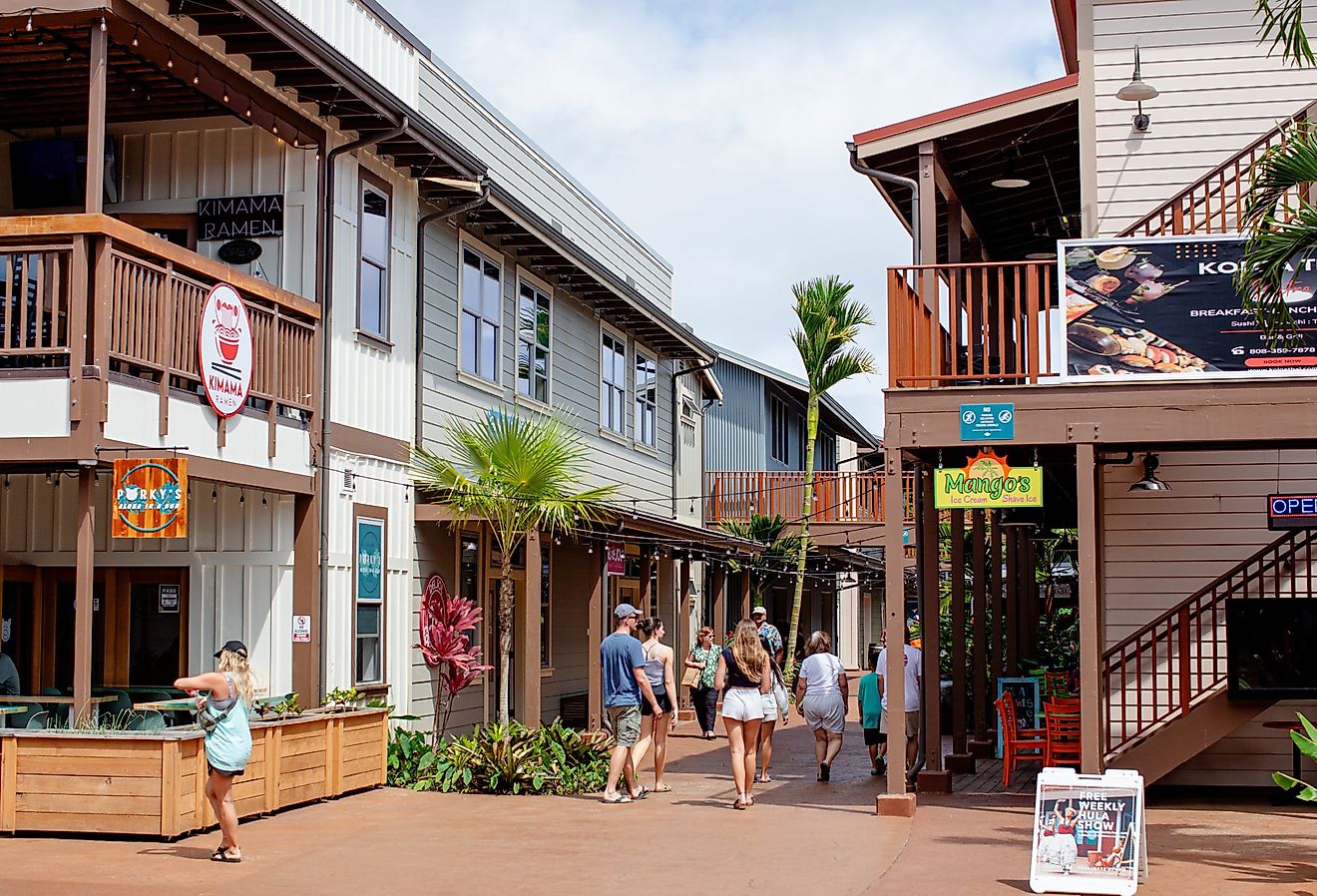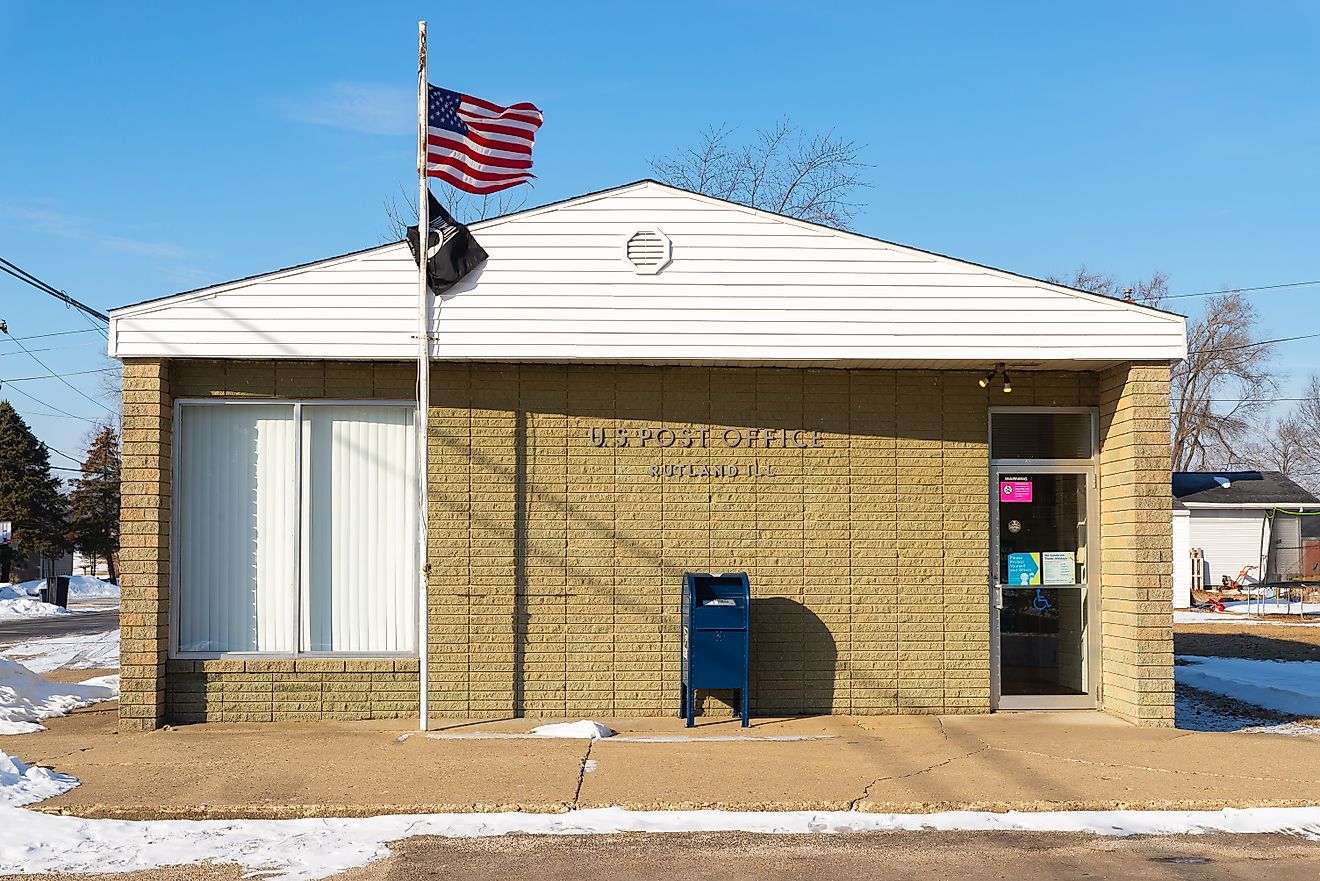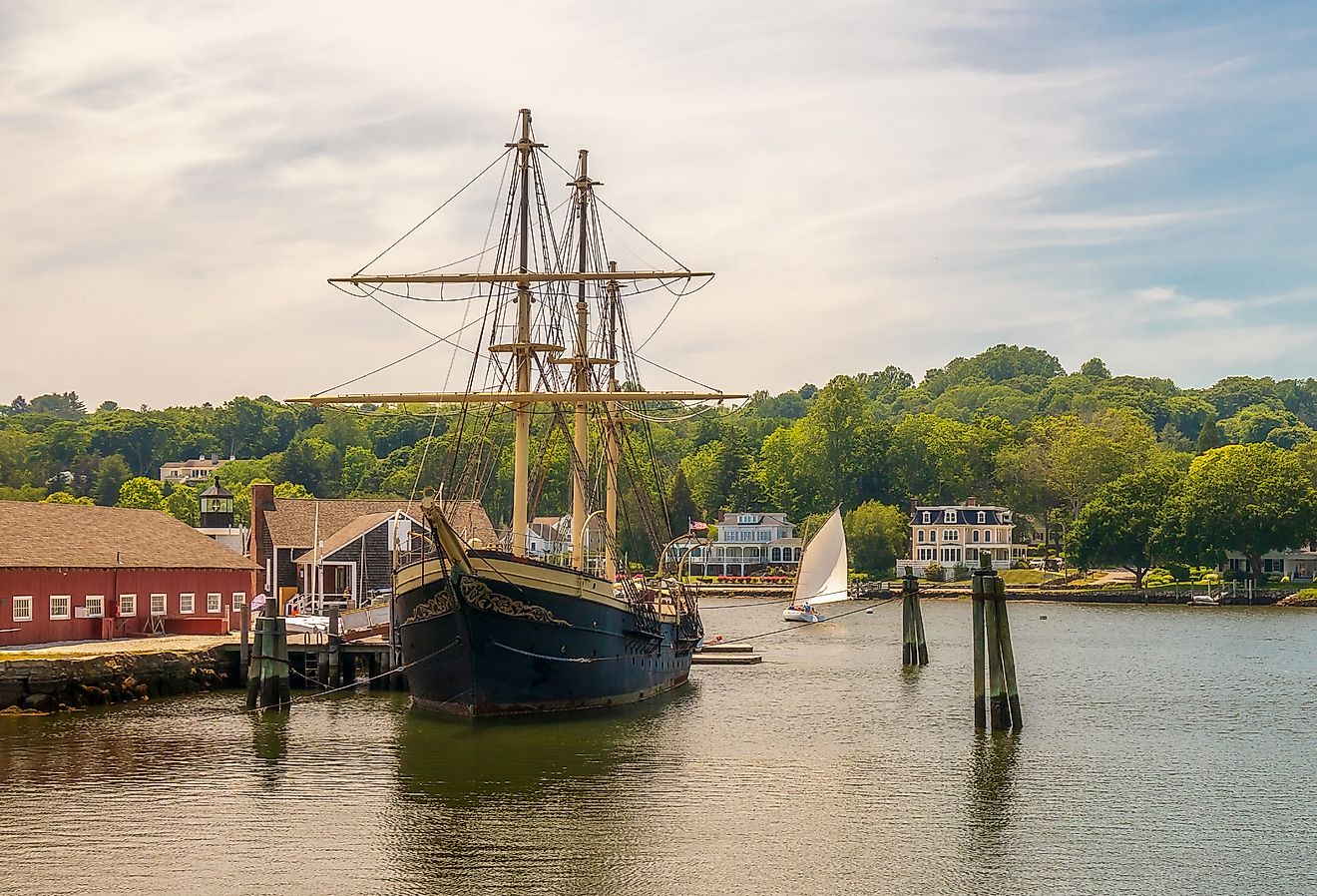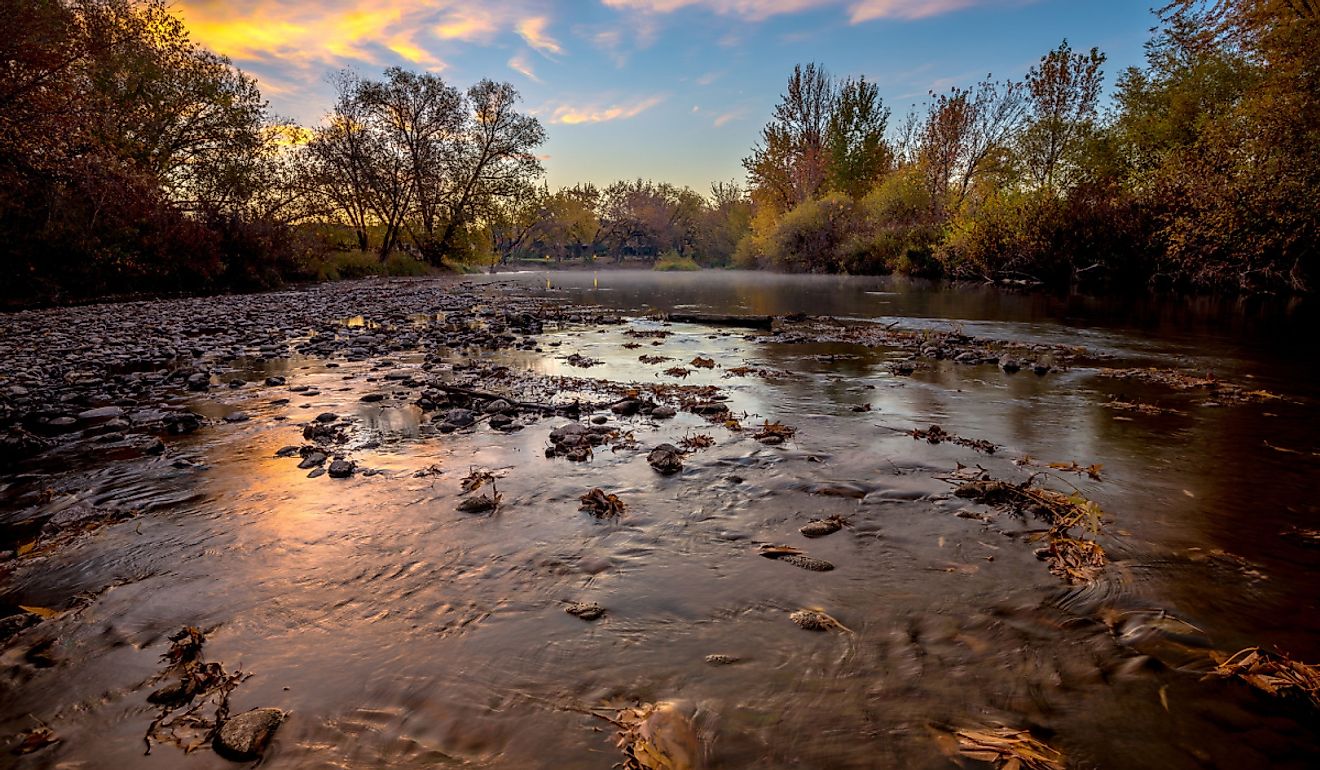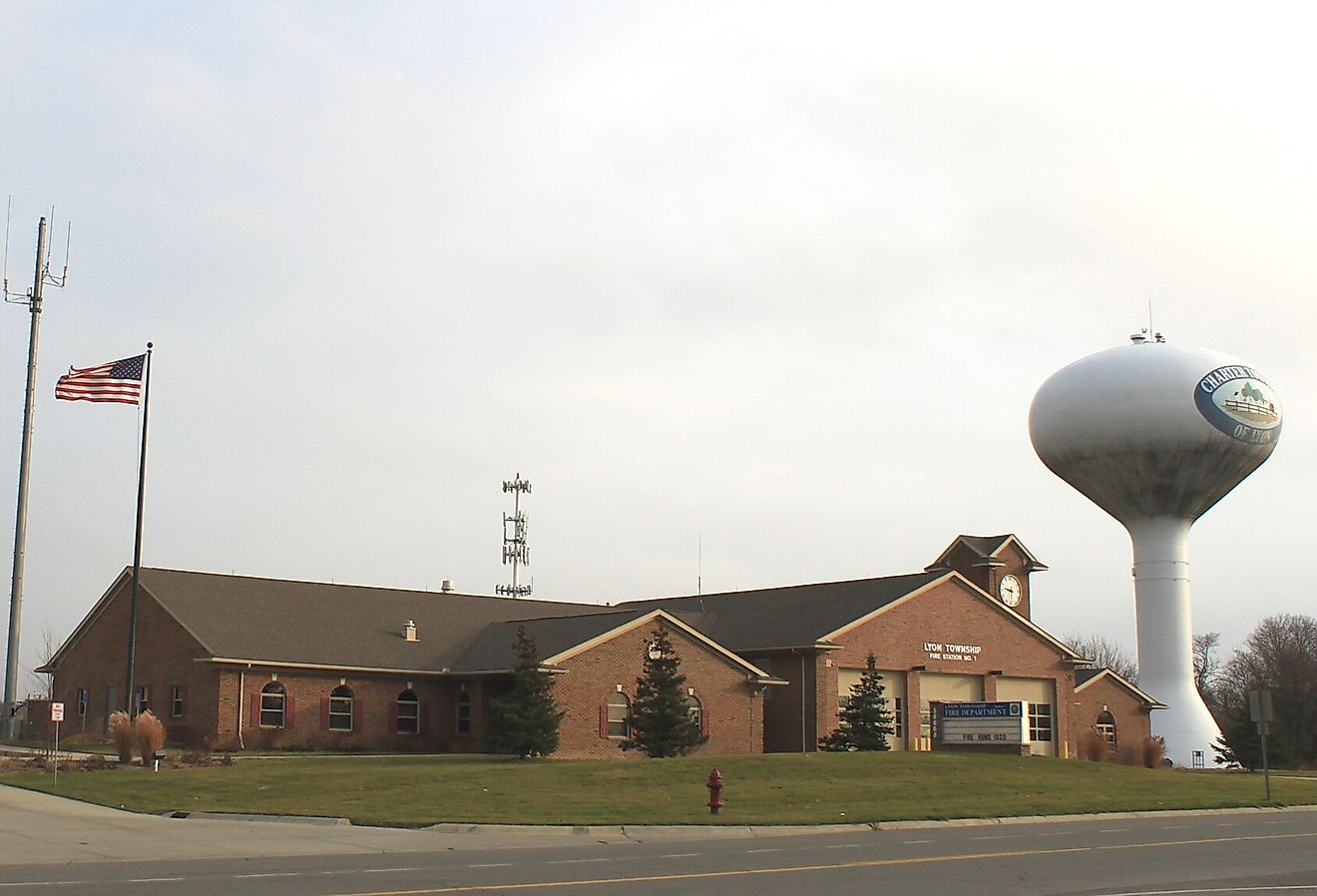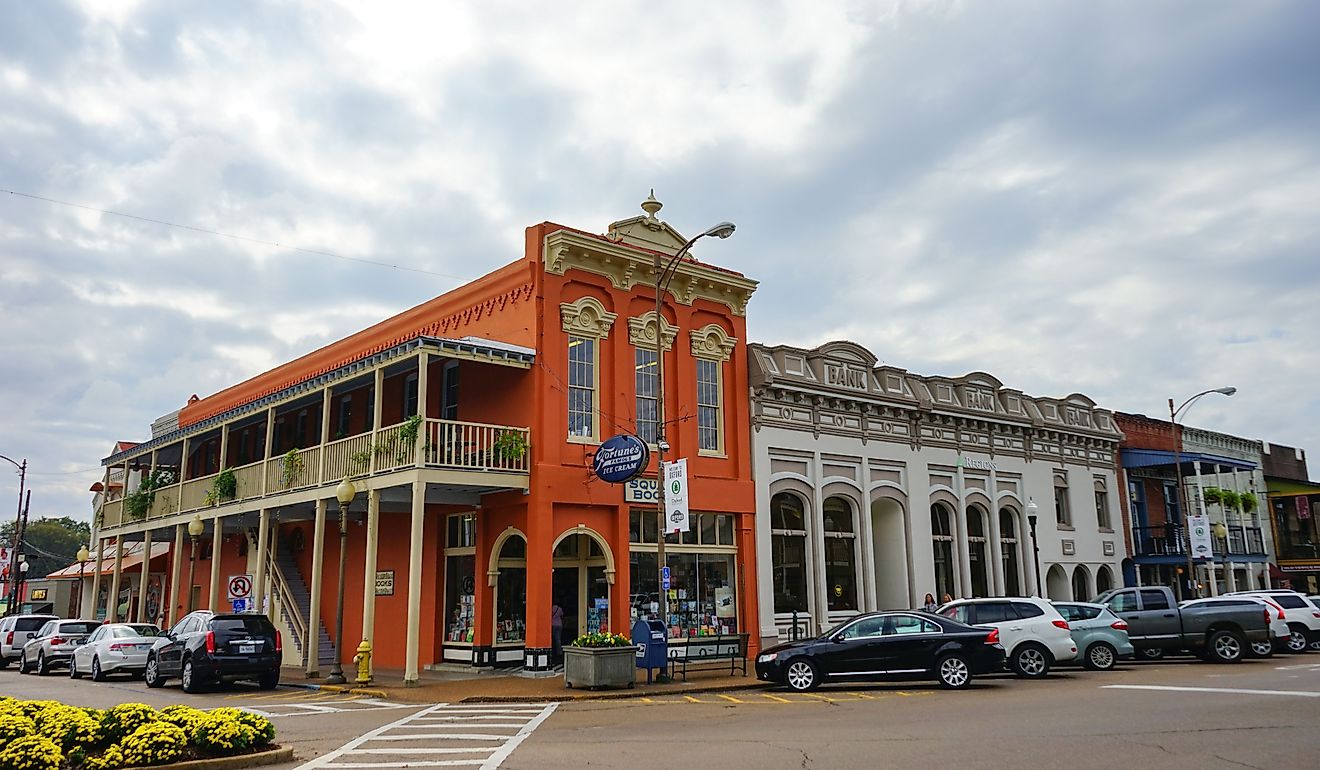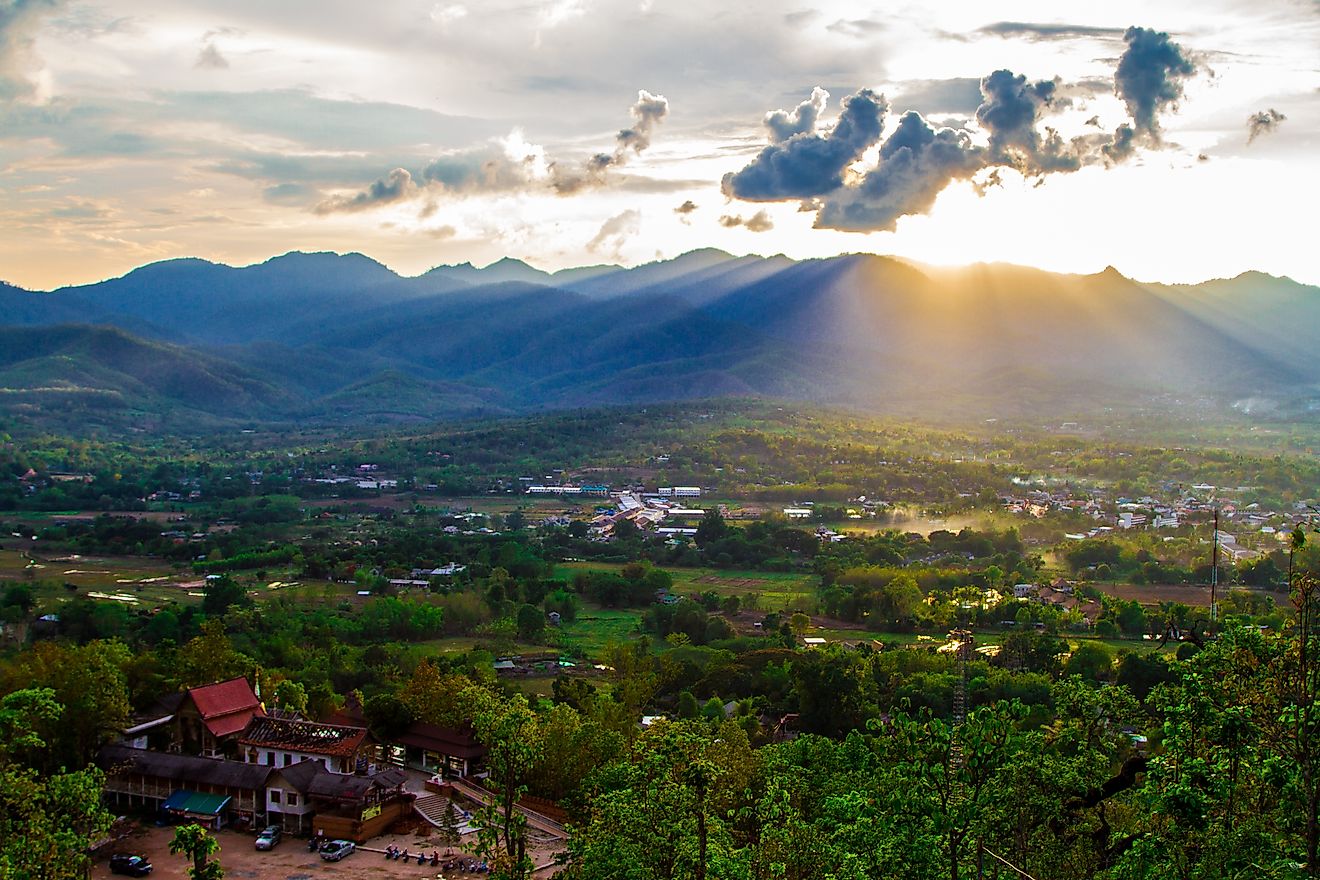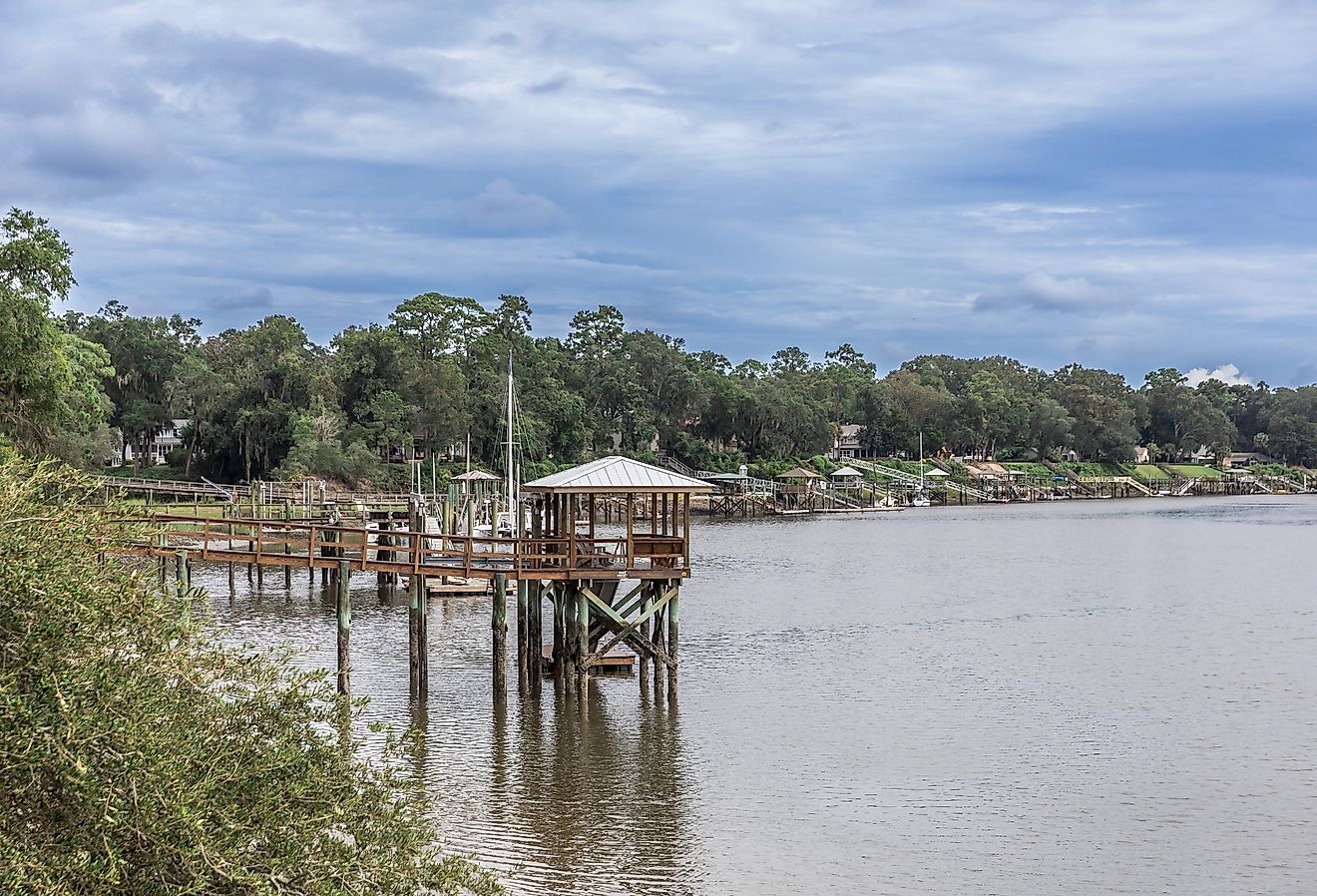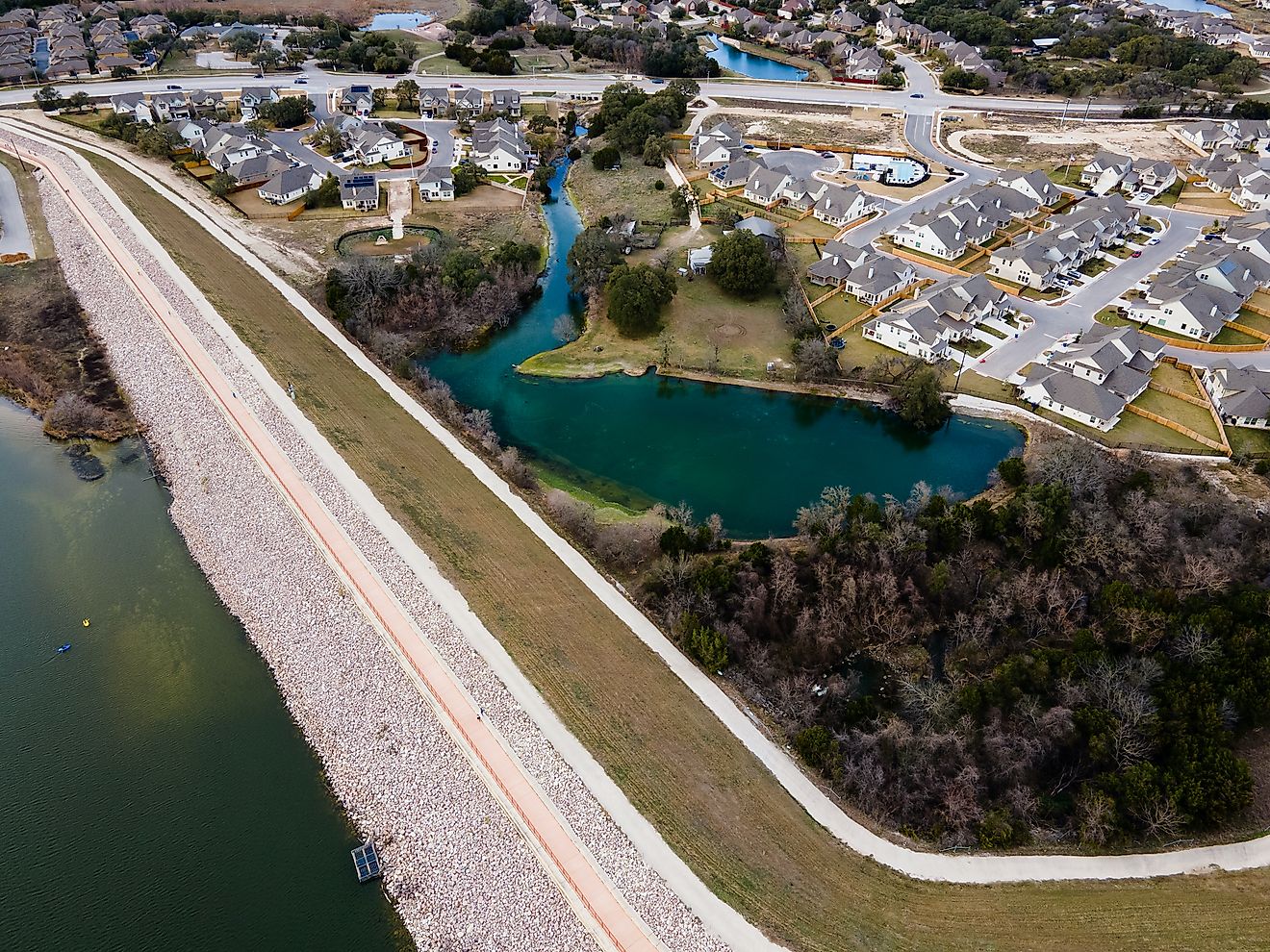
Two Years of Nomadic Travels: The Why, Where, and How
As a kid, I felt drawn to adventure. But typically, an annual camping trip or helmetless bike ride around the neighborhood were the adventures I encountered. World travel, on the other hand, was a foreign concept for quite some time. Until my formative university days, I saw traveling from location to location as a necessary means to compete in hockey tournaments, visit relatives, or seek respite from the obstinate Canadian winters. I didn't know that you could, in theory, just get up and go anywhere on the globe. My, how things have changed since I realized this. I now write this from a basement apartment in Thessaloniki, Greece. I am currently a little over two years into a continuous stint of nomadic explorations of the world. As I reflect on my past excursions, and look toward upcoming itineraries, I struggle to convey how I even got here... (Spoiler alert: it was a bus. But I mean metaphorically). And like Yosemite Bear marveling at the double rainbow, I wonder: "What does it mean?"

Part 1: The Inspiration
Flashback to 2008: I was mid-way through my undergraduate degree at McMaster University, suddenly coming to terms with the fact that I was unsatisfied with my career path. One night, while sitting down with a cheap pint in hand, enjoying the communal warmth of the local student bar (shout out to The Snooty Fox), I became enamored by the conversation between two alumni at the table next to me. Since they were on the subject of travel, I adopted the rube role and asked the simple conversation starter: "What's your favorite country you've visited?"
To my surprise, he stated a three-way tie between Iraq, Iran, and Nicaragua – all places that I assumed were generally viewed as total no-fly zones. My new friend for the evening enlightened me by letting me know that those places were only problematic in certain regions. Furthermore, a lot of the seemingly dangerous countries have evolved over the decades in ways that public perception hasn't kept up with. This intrigued me greatly. Up until that point, I thought I had a reasonable understanding of the world's cultures (i.e. Canada = safe; Latin America and the Middle East = unsafe). But in reality, I had been misled by partial truths framed within selected contexts. (Good job media! Good job university degree!). I decided then and there that the only way to learn about the world definitively was to go and see things for myself. And so, my new mate inspired me: for my first solo international trip, I chose Nicaragua.

Even though I dropped out of school (actually, I managed to swindle an accelerated degree, but dropping out sounds cooler), and was breaking the mold by touring what my parents remember as a conflict zone, I was still stuck in the Western workingman's, 2-week vacation model. As such, I was hostel-hopping every day, trying to see as much of the country as I could over the short Christmas holidays. This is how I happened upon my next great source of inspiration. At a place called Bigfoot Hostel, in the colonial town of León, I made the acquaintance of a man in his mid-thirties whom I may have subconsciously modeled my life.
Chris was the first digital nomad I ever met. His process was simple: sit down at the computer with a cup of coffee, work all day Monday, Tuesday, and if necessary, Wednesday, and then explore the rest of the week. This strategy was concocted in the wake of an unexpected heart incident that left him pondering purpose and impermanence. Since then, using his skills as a software engineer and his new lease on life, Nicaragua became the 68th stamp on his passport--well on his way to the 100-country goal.
I never forgot Chris' example. For the next decade, I continued to travel in escalating doses (even working my way up to three-month intervals), but I hadn't quite figured out how to mimic that indefinite template. That was, of course, until a major unexpected event of my own.
Part 2: The Impetus

Okay, so the pandemic wasn't exactly an "event of my own," but it was something that each person on this planet had to respond to in some personal way. For me, two incorrigible currents converged to sweep me off into a new life. The first tidal force was the ubiquitous pivot to online work. The second was the dissimilar strategies that countries were taking (or not taking) to manage the virus. After waiting not-so-patiently for a year, I couldn't help but notice that Canada was sticking with a stricter path compared to much of the rest of the world.
Leaving didn't even feel like a decision. Ordering at a restaurant, or picking the next Netflix show is a decision. But hitting the road, just like my need to leave school, felt imperative. So off I went. But not before quitting my job, selling all my stuff (save for a guitar and backpack that got stashed in my cousin's basement), and somehow sweet-talking my girlfriend into doing the same. There could be no half-measures here. It was time to commit.
Part 3: The Itinerary

Since Nicaragua kicked off my first international epoch, I thought Central America should once again be the venue for renewal (that is, after a brief bout of van life). Guatemala had a nice ring to it, and there were spectacular deals to be had for long-term backpackers. We roughed it in Río Dulce, enjoyed the soothing atmosphere on the island of Flores and explored the ruins of Tikal (the once-great Mayan city), then capped it all off with a stay in the refreshing colonial city of Antigua.
Our next stop was Mexico. For ages, the tail of North America has represented wild possibilities for society-sickened eccentrics, and winter-weary expats. But unlike many of the trodden paths, ours took us inland, at first anyway... In the podunk town of Santa Maria del Oro, we were able to procure a defunct RV in which to camp above a small crater lake. From there, we bopped around the Baja Peninsula, before returning to the highlands, to celebrate Santa Semana in Erongarícuaro.

In between backpacking exploits, we did our best to stay connected with family. Irina's parents live in Bucharest, Romania, whereas mine are in Southern Ontario. Rather than see this as a hindrance, we took it as an opportunity to visit disparate parts of the world, and sometimes go off on independent side adventures (a great way to keep things fresh for traveling couples). This created a ping-pong itinerary between the Eastern and Western hemispheres. From driving the Transfăgărășan to running mountain races in Bulgaria to hiking the Camino de Santiago across Portugal and Spain to exploring Ecuador's coastal towns, mountains, and national parks, to connecting with family in Costa Rica, to visiting an old friend in Newfoundland, Canada, to dodging the wildfires in Greece, these past couple of years feels like a dream. I say this in the usual affirmative way, but also to describe how slippery time has become. Sometimes (such as right now, typing out this recap), I feel like none of it even happened. Sure, I have pictures, and I've written dozens of articles about the various locations, and yet, it all feels strangely translucent and ephemeral.

Epilogue: The Way of the Digital Nomad
Becoming habituated to travel is one of the more curious phenomena I've experienced. It feels a bit like the transition from the honeymoon phase into a steady relationship. When I took vacations in my twenties, I would run around a million miles an hour, chomping at the bit to see every part of Thailand, Colombia, or New Zealand, even if it meant sleepless nights, getting sick, or blowing my budget out of the water. My modus operandi was "seize the day!" But the only way I've been able to sustain my travels for multiple circuits around the sun is by settling into a lower gear.

Being in one's thirties versus twenties provides a certain amount of auto-regulation. I'm not opposed to staying in hostels for a couple of nights now and again, but these days, I like my bed, and I rely on those juicy monthly discounts on Airbnb to keep the wheels a-turnin'. I use the rent we paid in Calgary, Alberta as a reference when selecting a unit abroad. In every single case, we have procured a better price, and in most instances, a nicer apartment. And because the places we've been traveling to have longer local growing seasons, our vegetarian diets have been much less costly to satisfy compared to back home. Still, the only way to sustain indefinite travel is to also take work seriously.
One of the tougher social dynamics to navigate as a digital nomad is that most people assume you're on vacation. Typical trips are devoid of work responsibilities and tend to prioritize indulgence over self-care. So since many fellow travelers are in that carpe diem mode, I have to politely decline certain invitations that would derail my routine. Instead, I make sure to put in a five-day work week (on average), maintain a regular sleep schedule, exercise daily, and try and include other enriching habits like reading, meditation, Duolingo, calling my mum, etc.
This isn't to say that I've become a total prude. I'll declare a "long weekend" whenever an interesting opportunity comes up. And I gladly partake in the local libations (sipping the country's branded lager or homemade wine seems like a must to truly experience a place). But my idea of a good time generally falls outside of the Contiki tour checklist. I like to sit and read at a cute, hole-in-the-wall cafe, or climb a mountain. Both afford a different kind of travel experience: settling into the rhythm of a place and time, and seeing the natural landscape (which is always better with a bird's-eye-view).

So for all the people who aspire to become citizens of the world, this is one way to go about it. Take solace in knowing that the daily cost of long-term travels is significantly lower than those Spring Break splurges. With that said, no man is an island. Splitting costs with my girlfriend (or a tag-along friend, or family during those intermittent check-ins), and maintaining a steady source of income are essential. From there, a healthy, fulfilling routine seems necessary to maintain equilibrium. Heck, this is true even if you're just chilling at home! Emotional regulation also comes in handy. Whenever I arrive at a new location, I revel in the high of the first few days. But then it's time to settle in, for weeks on end, and just pretend like you live in that place.

I never thought I'd be a nomad for this long. Despite meetings with remarkable people, and binge-watching Departures (my favorite travel show put on by a few Canadian boys), it simply didn't occur to me that I could see multiple calendars expire before returning home. As for what's next: Well, there is still more to explore in Greece, and the Camino Frances will take me through November. Eastern Europe is truly starting to feel like a home away from home...away from home, and some weddings and other general human housekeeping stuff look to be summoning us back to Western Canada next summer. After that? Who knows! Maybe after all this traveling just staying put somewhere and getting a permanent phone number and postal code will feel like more of an adventure. But one parting tip I've learned over the last two years is that there's a sweet spot when it comes to planning. Too little leaves you scrambling, while too much backfires when confronted with unexpected plot twists.
Happy Travels!
